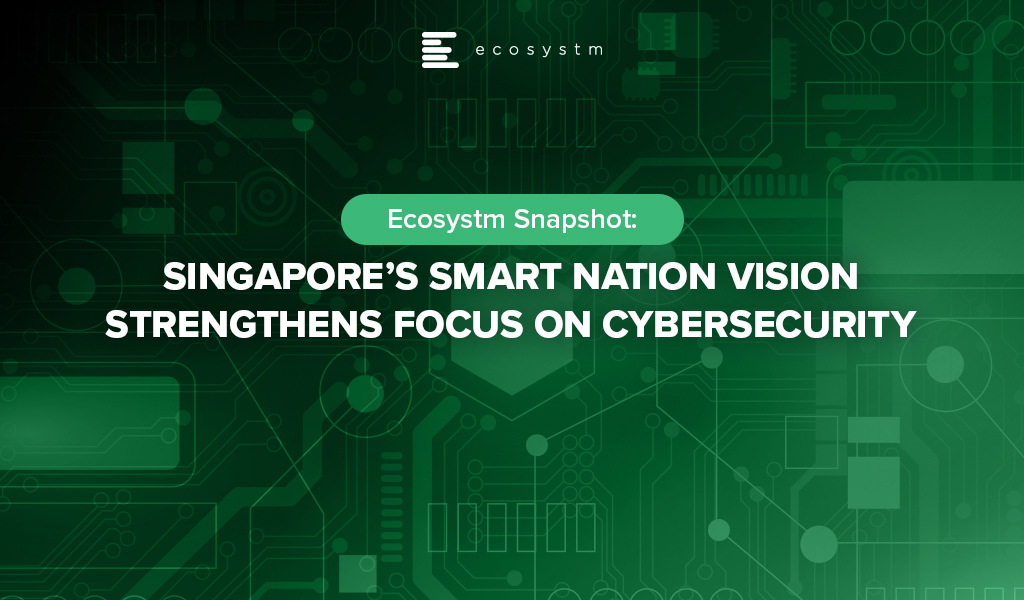Hitachi announced their plans to acquire US based software development company GlobalLogic for an estimated USD 9.6 billion, including debt repayment. The transaction is expected to close by end of July, after which GlobalLogic will function under Hitachi’s Global Digital Holdings.
GlobalLogic was founded in 2000, and the Canada Pension Plan Investment Board and Swiss investment firm Partners Group have 45% of ownership; with the remainder owned by the company’s management.
Hitachi’s Business Portfolio Expansion
The acquisition of GlobalLogic is a part of Hitachi’s move to focus and extend the range of Hitachi’s digital services business. As Hitachi aims to expand from electronics hardware to concentrate on digital services, they are looking to benefit from GlobalLogic’s range of expertise – from chips to cloud services. Silicon Valley-based GlobalLogic has a presence in 14 countries with more than 20,000 employees and 400 active clients in industries including telecommunications, healthcare, technology, finance and automotive. This will also expand Hitachi’s network outside Japan by providing them access to a global customer base and will boost their software and solutions platforms, including Hitachi IoT portfolio and data analytics.
The GlobalLogic deal follows another big acquisition of ABB’s power grid business by Hitachi in July 2020 to focus on clean energy and distributed energy frontiers. This makes Hitachi one of the largest global grid equipment and service providers in all regions.
Hitachi is also planning to divest parts of their portfolio such as Hitachi Metals, their chemical unit and their medical equipment business.
Ecosystm Comments

“Hitachi’s move to acquire GlobalLogic is very interesting and is in line with the growing trend of global Operation Technology (OT) vendors riding the wave of Industry 4.0 and ‘Product as a Service’ models – essentially, to move up the margin ladder with more digital services added on to their already established equipment business. Siemens, Schneider Electric, Panasonic, ABB, Hitachi and Johnson Controls are some of the prominent vendors who have taken pole positions in their respective industry domains, in this race to digitally transform their businesses and business models. Last year, Panasonic made a very similar move, taking a 20% equity stake in Blue Yonder, a leading supply chain software provider.
With rapid advancements in computing and communications (5G), it is now possible to converge the IT (Information Technology supporting enterprise information flows), the OT (Operational Technology – machine level control of the physical equipment), and the ET (Engineering Technology in the Product Design and Development space such as CAD, CAM, PDM etc.) domains. Three worlds that were separate till now. The convergence of these three worlds enables high impact use cases in automation, product, process, and business model innovation in almost all sectors, such as autonomous vehicles, energy efficient buildings, asset tracking and monitoring, and predictive and prescriptive maintenance. For the OT vendors therefore, it becomes critical to acquire IT and ET capabilities to become successful in the new cyber physical world. Most OT vendors are choosing to acquire these capabilities through strategic partnerships (such as Siemens with Atos and SAP; Panasonic with Blue Yonder) or acquisitions (such as Hitachi and GlobalLogic) rather than develop such capabilities organically in completely new domains.“

2020 is a significant year for Singapore’s Smart Nation vision, as the Government takes stock of what they have achieved and shape their journey forward till 2025 (or 2030, in some instances). Singapore Digital (SG:D) has introduced several initiatives to empower small and medium enterprises (SMEs) with cloud-native solutions and digital payments. Cybersecurity remains a concern and the Cyber Security Agency (CSA) was established in 2015 with the express purpose of making cybersecurity a foundation for digital adoption in enterprises and citizens. Late last year the CSA and TNB Ventures announced the 2019 Cybersecurity Industry Call for Innovation in collaboration with 10 participating organisations, including the Integrated Health Information Systems (IHiS), Jurong Town Corporation (JTC), Keppel Data Centres, Ministry of Defence (MINDEF), and Ministry of Health (MOH). The aim is to build capability in areas such as:
- Cyber Readiness. To support cyber self-assessment and ensure overall cyber preparedness
- Industrial Protection. To defend Operational Technology (OT) systems against potential cyber threats
- Secure Access. To help users manage authentication and ensure safe systems access
- Smart Detection. To identify anomalies and intrusions and provide intelligent threat analysis.
CSA recently announced that 9 cybersecurity organisations have been selected to receive USD 0.70 million to build security capabilities to boost Singapore’s defences in critical industries such as Healthcare, Energy & Utilities, Smart City and Public Sector, under the Co-innovation and Development Proof-of-Concept Funding Scheme.
The organisations selected – Group-IB; Secure IC; Acronis; Amaris AI; Scantist; SecureAge; Insider security; EY Advisory; and Emerson – bring a range of cybersecurity capabilities product and service capabilities, to address critical cybersecurity challenges in analysing and predicting attacks from various sources, threat actors and cybercriminal identities.
Singapore’s Continued Focus on Cybersecurity
Singapore has witnessed various threats and breaches at industrial and Government level. Ecosystm Principal Advisor Andrew Milroy says, “The Singapore Government faces an increasing risk for malicious cyber activity. The SingHealth breach of 2018 highlighted the importance of up-to-date cybersecurity within Singapore government agencies. Of particular concern is the growing threat from nation state actors – this is particularly difficult to guard against. These advanced and persistent threats are common and often difficult to detect.”
“Of particular importance is taking a zero-trust approach to cybersecurity – once someone gets into your network, their access to resources must be restricted. Tight control of privilege is also often overlooked so Privileged Access Management (PAM) is critical. CSA is working with these 9 local cybersecurity companies to provide ‘best-of-breed’ customised cybersecurity solutions that will strengthen the cybersecurity posture of government agencies and minimise operational, reputational and legal risk.”
In October last year, CSA announced it’s Operational Technology (OT) masterplan to secure systems in the OT environment, develop OT cybersecurity training programs, strengthen OT policies and mitigate emerging OT cyber threats. One of the key challenges that organisations face in implementing cybersecurity measures is the lack of cyber skills. CSA’s Cybersecurity Career Mentoring Programme provides career guidance to young aspiring professionals and tertiary students who are keen to pursue their career in cybersecurity. In June CSA partnered with SCS to organise the program.
Through such programs and initiatives, Singapore aims to strengthen its cyber resilience and make cyber capability a foundation for its Smart Nation vision.




